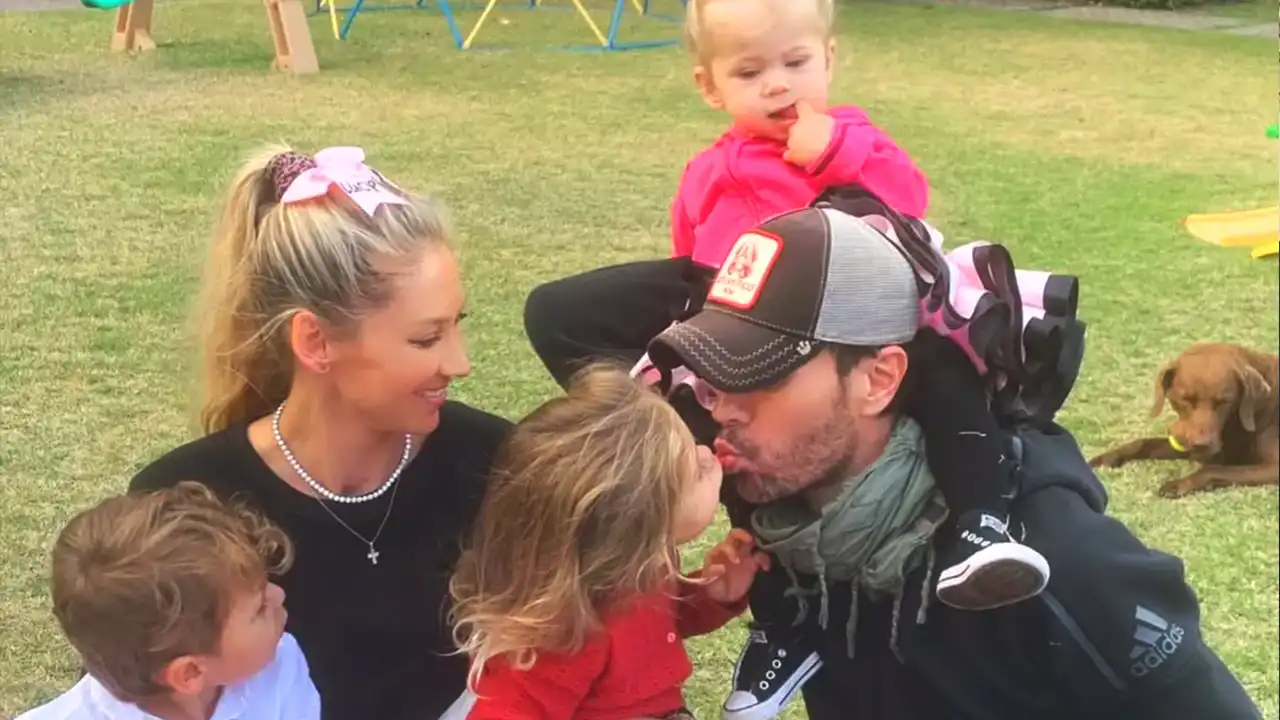Bruce Willis’ family intends to donate his brain to medical researchers after his death, according to a report by The WP Times.

Willis was diagnosed with frontotemporal dementia three years ago, a condition that forced him to retire from acting. Family members say his health continues to decline. Communicating with relatives has grown harder for him, and he often struggles to recognize them. Loved ones admit they now think about his mortality far more often.
On Instagram, his wife, Emma Heming-Willis, shared an emotional Father’s Day message:
“Happy Father’s Day to all the dads living with disability or disease, showing up in the ways they can, and to the children who show up for them. What Bruce teaches our girls goes far beyond words — resilience, unconditional love, and quiet strength in simply being present. This photo says so much. Love deepens. It adapts. It stays, even when everything else changes.
“But to be fair to myself, these symbolic days stir up a lot. I’m profoundly sad today. I wish with every cell in my body that things could be different for him and lighter for our family. As they say in our FTD community, ‘It is what it is.’ It grounds me. It helps me return to acceptance and stop fighting this every step of the way like I used to. Today, let’s celebrate the badass dads — those who are here and those we carry with us. Onward.”
Heming-Willis later confirmed that, after her husband’s passing, she plans to donate his brain to scientists. She described the decision as “emotionally difficult but scientifically necessary,” saying she believes the donation will support research into frontotemporal dementia and help future patients.
Speaking with The Sunday Times and The Oprah Podcast, Heming-Willis reflected on the emotional toll of caring for someone whose body remains present while the mind fades:
“The person is still before you, but the mind is disappearing. That is its own type of grief.”
Preparing their children for loss
In her book, Heming-Willis writes about guiding her young daughters through the reality of their father’s condition. She stresses honesty, openness, and resilience as essential tools for coping with what lies ahead.
“It does not make the loss easier, but it creates space for healing, connection, and understanding the fragility of life,” she notes.
Read More: Anna Kournikova and Enrique Iglesias Expect Fourth Child, Prepare for ‘Controlled Chaos’
Heming-Willis says the family’s experience has forced her to confront mortality directly:
“Most people associate death with fear and the unknown. With FTD, you cannot avoid the conversation — it becomes part of daily life.”



